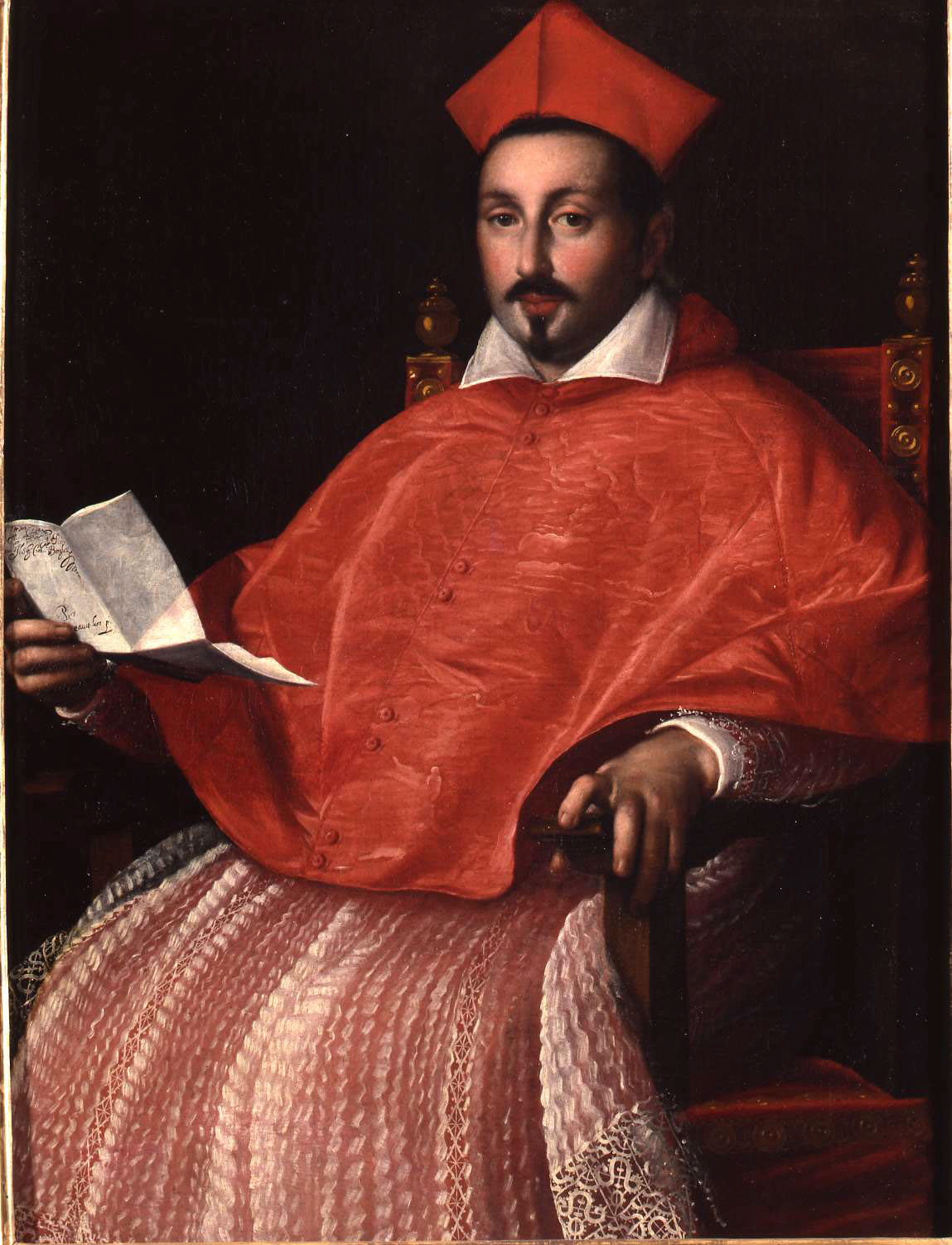Domenico Bisanti's "Relatione dell'Imperio Turchesco"
A Detailed Report on the Ottoman Empire

Ottavio Leoni, Portrait of Cardinal Scipione Borghese (1577-1633), oil on canvas, ca. 1600-1630, Musée Fesch, Ajaccio (from WikiCommons).
In 1614, a Dominican friar from Kotor - a certain Domenico Bisanti - sent his Relatione dell'Imperio Turchesco, a kind of ante litteram intelligence report to the Count of Lemos, Viceroy of Naples. The dedication reads: "Having given Your Most Illustrious and Most Excellent Lordship the intention, in the report made a few days ago on my voyage to the Levant, of giving you a detailed account of the entire Ottoman Empire and State, I have made the present report, in which I briefly describe what the Grand Turk possesses in Asia, Africa and Europe; the revenues and expenses of these three parts; all the land and sea militia; the Turkish government; a brief account of the succession of the Ottoman emperors; and the court of the Grand Turk" (fol. 1v). The Relatione was also sent to Cardinal Scipione Borghese, protector of the Dominican Order and nephew of Camillo Borghese, Pope Paul V. This position gave him a status of great authority over both Dominican superiors and individual members of the Order, who obviously saw in him a sort of court of appeal, as well as a valuable means of promotion in the ecclesiastical career. Bisanti saw Spain and the Papacy as the only powers capable of opposing the Ottomans: one represented secular power, the other embodied temporal power. By sending them two letters, Bisanti thought to be more convincing and probably hoped for a collaboration between the two. The long-term benefit of these endeavours was the reunification of Christendom as a whole - this quest for unity was crucial to successfully confronting the Ottomans. For Domenico Bisanti, the anti-Ottoman crusade expressed a profound need for unity and cohesion in the face of Europe's manifest political divisions. Spain and the Papacy were seen as the necessary pillars of a containment policy aimed at the Ottoman Empire: one possessing a direct capacity for military mobilisation in defence of its Mediterranean interests, the other able to involve, legitimise and motivate other Christian states against the Turks.
Simona Negruzzo, La «cristiana impresa». L’Europa di fronte all’Impero Ottomano all’alba del XVI secolo Cisalpino, Milan, 2019
2025-06-01
Giacomo Tacconi
